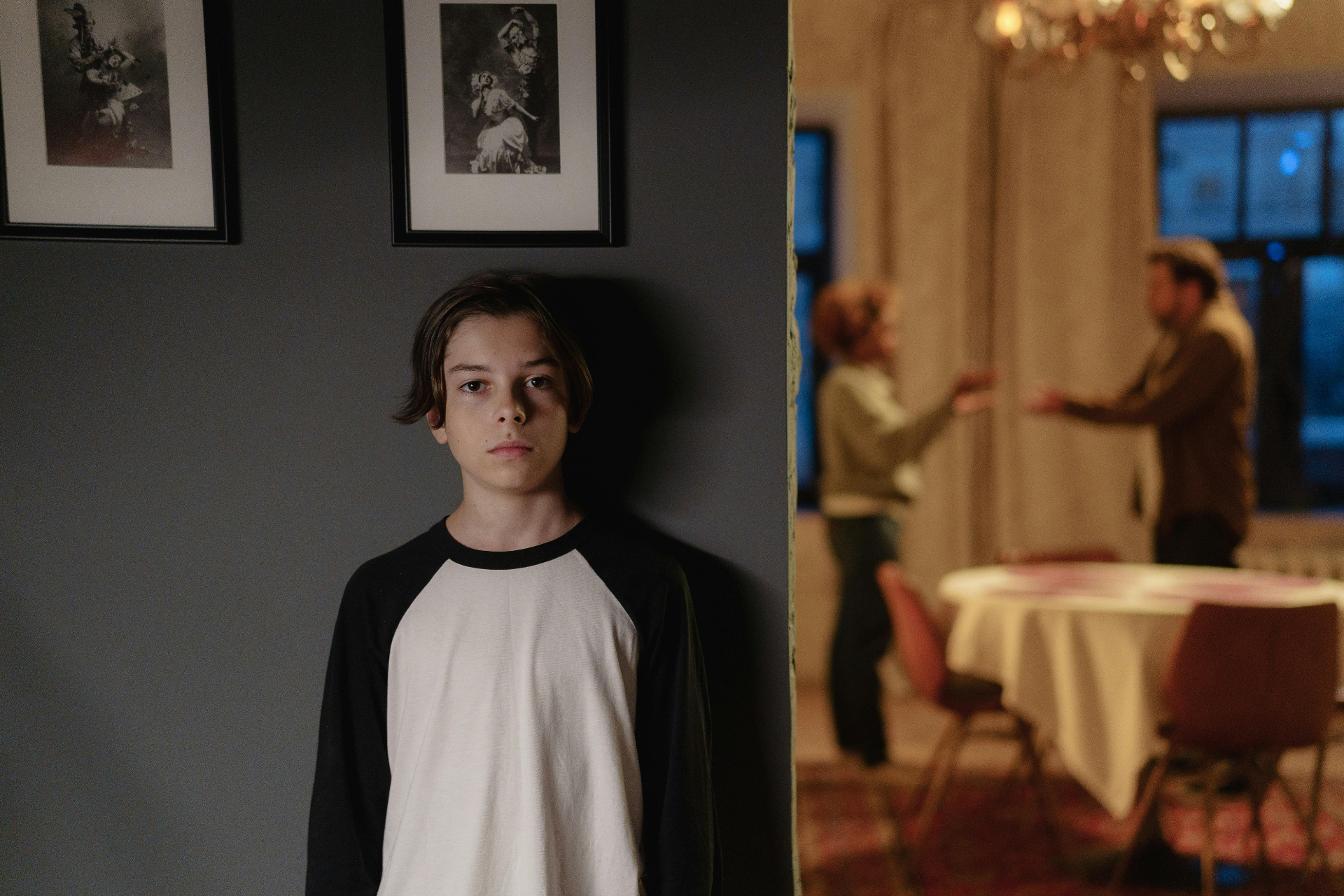Childhood Anxiety: Knowing When to be Concerned About Your Child

Everyone worries. As adults, we worry about a lot of things. Our children are not any different just because they’re young. They worry, too, and that’s normal. As they grow and learn, those worries will fade away, just like they did for us when we were growing up.
But that doesn’t always happen. Sometimes, our children aren’t dealing with normal worries but with real anxiety: the kind that is strong and pervasive. The kind that pushes some adults to seek counseling because the worries are that intense and disproportionate.
It’s hard to realize when we’re struggling with anxiety. It’s even harder to realize when someone close to us is struggling with it, particularly our children. After all, they won’t just tell us what they’re feeling is anxiety because they might not even know it. But there are ways to know when to seek help for our children. We just need to know what signs to look out for.
Struggle to Sleep
Children who struggle with anxiety will have a hard time sleeping. Falling asleep will be difficult, and if they do manage to fall asleep, they’re more likely to have nightmares than to sleep peacefully through the night.
If our child often asks to sleep with us and seems unable to do so otherwise, we might want to keep an eye out for other signs of anxiety. Sleep troubles alone aren’t enough to guarantee a child has anxiety, but in combination, they can be a big sign.
Physical Pains
High levels of anxiety can manifest as physical aches. This happens to us as adults too. We’re all familiar with the concept of stress headaches, for example. Well, this applies to children too.
If our child starts complaining about headaches or stomach aches far too often, and there doesn’t seem to be a physical cause behind them, we might be dealing with a sign of anxiety.
Avoidance
Anxious children will isolate themselves. This might be hard for us to spot as adults. After all, we’re not aware of every single second of our child’s life. We might not notice when they start isolating themselves from groups or skipping tasks and activities because it makes them too anxious.
What will we notice? When our kids ask to stop going to school. Of course, that might not be because of anxiety. Maybe they’re having trouble at school: difficulties with a teacher, maybe, or bullying. But anxiety often manifests in children as refusal to go to school, even when it seems to us like they don’t have a reason to do so.
Severe Distress
The main difference between normal worries and anxiety is the intensity of it. Anxiety is based on persistent worries. The distress is strong, and in children, it won’t leave despite receiving reassurances from adults. Those anxious thoughts aren’t based on actual danger either, but they feel very real regardless.
Anxiety interferes with our life on a daily basis. We spend a lot of time worrying. We only focus on negative thoughts, on what could go wrong. It’s the same for our children: they will worry about everything that could go wrong, no matter how unlikely. And their distress is so real and intense; how can we not worry about them?
Helping your Child
Fortunately, anxiety is something that can be treated, even at a young age. But it’s important to seek professional help. The more severe our child’s anxiety, the better help they will need. And we don’t want them to suffer for long.
The first step is to set up an appointment with a counselor. Call Fox Child and Family Therapy today at 913-229-5691 and let’s schedule a time to talk. After that, things will fall into place. Anxiety will no longer have such a strong hold on our children.

